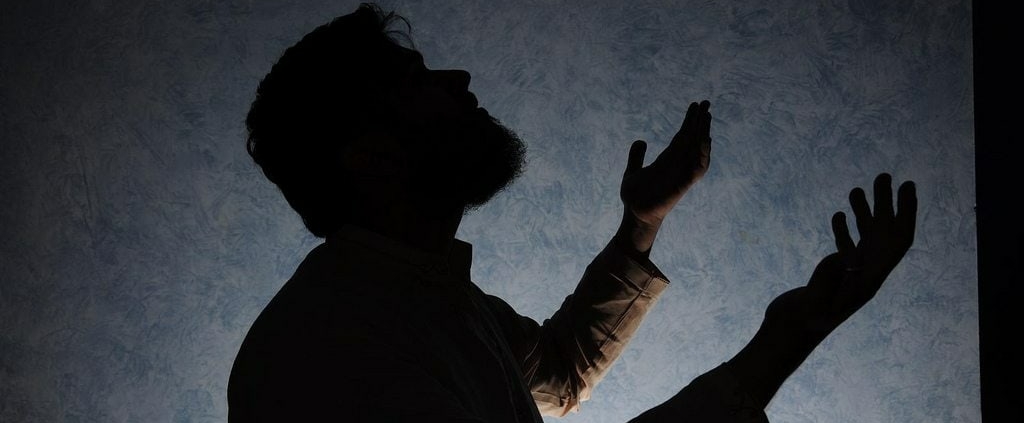Can Supplication Change Destiny?
Answered by Shaykh Faraz Rabbani
Question
Can supplication (dua) change destiny (qadr)?
Answer
There is no doubt that the Divine Decree is eternal and beyond time, and therefore not subject to “change.”
Dua changes destiny in the relative sense: it is a means (like other means) towards the good, so it turns to the flow of one’s life towards the good, by Divine facilitation, in accordance with the eternal Decree (qada’) of Allah.
To understand this, one must appreciate that there are two types of decree (qada’):
- The absolute decree (al-qada’ al-mubram), which is what Allah willed in eternity. This isn’t subject to change, by definition; and
- The relative or conditional decree (al-qada’ al-mu’allaq), which is the direction in which the flow of life events seems to be going. This is what can change. This could be referred to as “apparent destiny.”
And Allah alone gives success.
[Shaykh] Faraz Rabbani
Shaykh Faraz Rabbani spent ten years studying with some of the leading scholars of recent times, first in Damascus, and then in Amman, Jordan. His teachers include the foremost theologian of recent times in Damascus, the late Shaykh Adib al-Kallas (may Allah have mercy on him), as well as his student Shaykh Hassan al-Hindi, one of the leading Hanafi fuqaha of the present age. He returned to Canada in 2007, where he founded SeekersGuidance in order to meet the urgent need to spread Islamic knowledge–both online and on the ground–in a reliable, relevant, inspiring, and accessible manner. He is the author of: Absolute Essentials of Islam: Faith, Prayer, and the Path of Salvation According to the Hanafi School (White Thread Press, 2004.) Since 2011, Shaykh Faraz has been named one of the 500 most influential Muslims by the Royal Islamic Strategic Studies Center.
